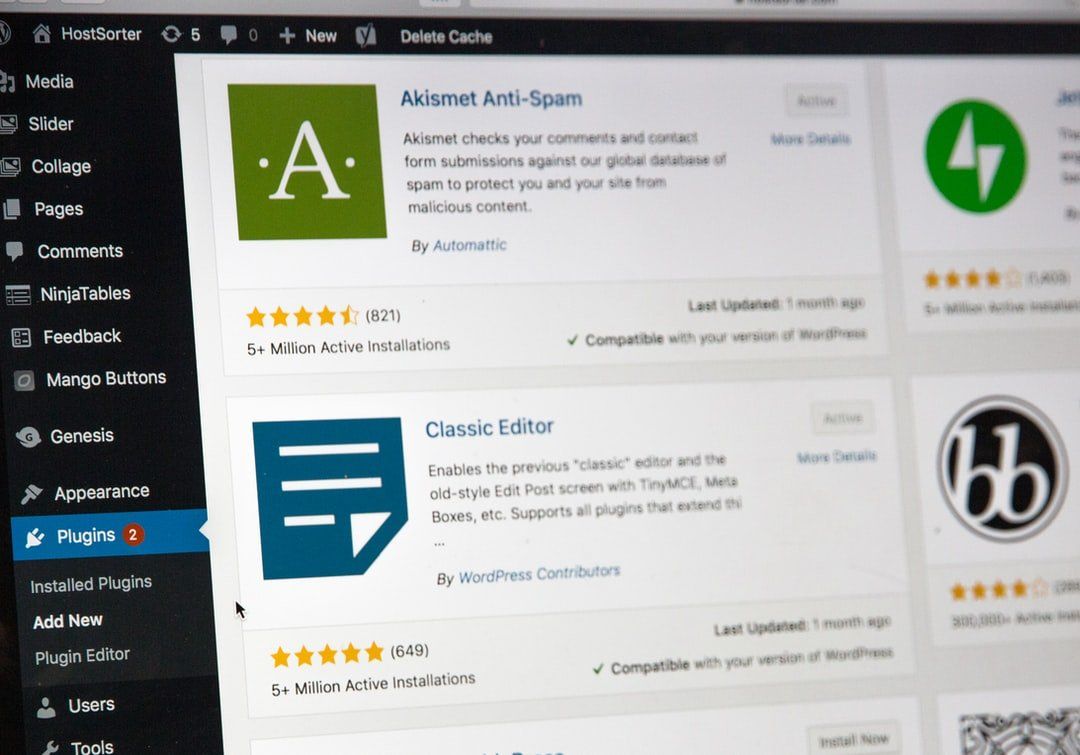270 reads
Drupal vs. WordPress: Which CMS Platform is Better?
by
September 30th, 2020
A founder of Opporty.com, CEO at Clever-Solution.com (software development, digital marketing).
About Author
A founder of Opporty.com, CEO at Clever-Solution.com (software development, digital marketing).
